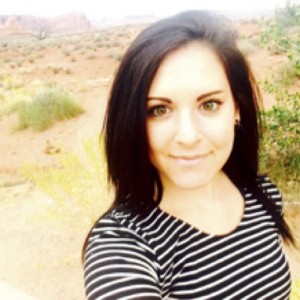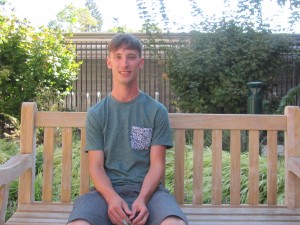By Madi Pluss
The sun is shining, the days grow longer, and all around Oregon small flowers are emerging. The grey and overcast landscape is now painted with faint traces of pastels. Out of the cold slumbering soil, small flower buds reach to feel the warmth. As the seasons shift and life awakens from weeks in dormant dark winter, the Tillamook Code Review also begins to blossom.
At the start of the season, the gardener plans their plot. They study the almanac and determine which plants will fare well, which crops will be the most fruitful, and what will yield the most success. For the past 8 weeks, our project has also been in the formative phase of development. Underground, we were collecting data, conceptualizing, reading, discussing, and compiling an extensive library of strategies. We began with only small seeds of knowledge, barely even able to find Tillamook County on a map. Guided by our seasoned project advisor, we were challenged by unfamiliar practices, ordinances, and code language. We dug deep to establish our approach and determine the priority hazards. The early months were a time where we defined our scope of work, determined a focus of research, and established the landscape for our final deliverable.

We are at the point in our project where the roots are embedded, our concepts are taking hold, and analysis is making its first appearance. Our project advisor, Michael Howard, has taken a step back in our meetings, communication with the client, and overall planning process, which is giving us space to grow on our own. This is the time where the strongest concepts will thrive and we will weed out the weaker elements of the project. As we write case studies, we acknowledge what is truly feasible.
Looking forward, our work will come to fruition and the fruits of our labor will be revealed. On the 6th of April, we will be participating a joint meeting, along with the Oregon Department of Land Conservation and Development, and Oregon Department of Geology and Mineral Industries. We will brief the Tillamook County Board of County Commissioners, Planning Commission, and other important individuals involved with natural hazard mitigation and resilience in Tillamook County about the Risk MAP program and our code review work. Like a sprout reaching for the sun, we will reach out to the participants and share our methodology, suggestions, proposed strategies, and foreseen implications. After this introductory meeting, we will meet with the Planning Commission and provide more in-depth code review. Their suggestions and input act as the fertilization that will be integrated and will help us glean the most pertinent techniques appropriate for Tillamook County. As the term ends, we will harvest recommendations out of the strongest reviews and we will produce the deliverable that will serve as an essential component for improved hazard mitigation code for Tillamook County.
Madi Pluss
Born and raised in Colorado, mountains and outdoor recreation has always been a big part of my life, and out of reverence for natural processes and events, I recognize the need to mitigate hazards and protect human livelihood. In the future, I would like to focus on addressing issues related to growth and development, and mitigating natural hazard for highly urbanized areas. In my free time, you can find me in the yoga studio, supporting local music, or enjoying a good coffee. I am very excited to be working on this project and look forward to gaining a stronger understanding of code review and the planning process.


